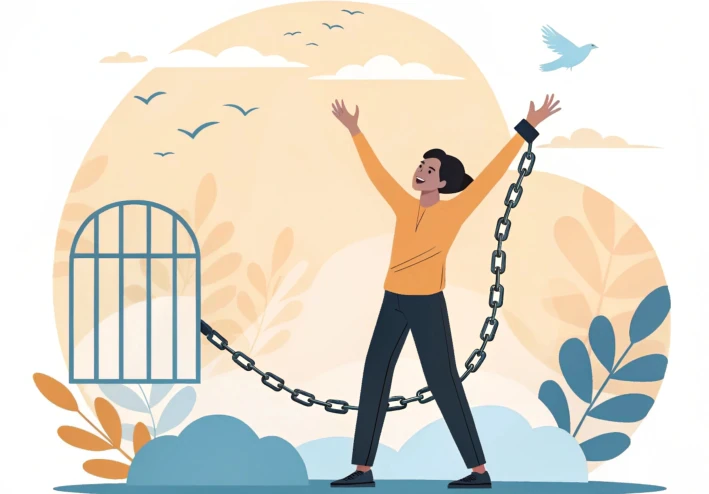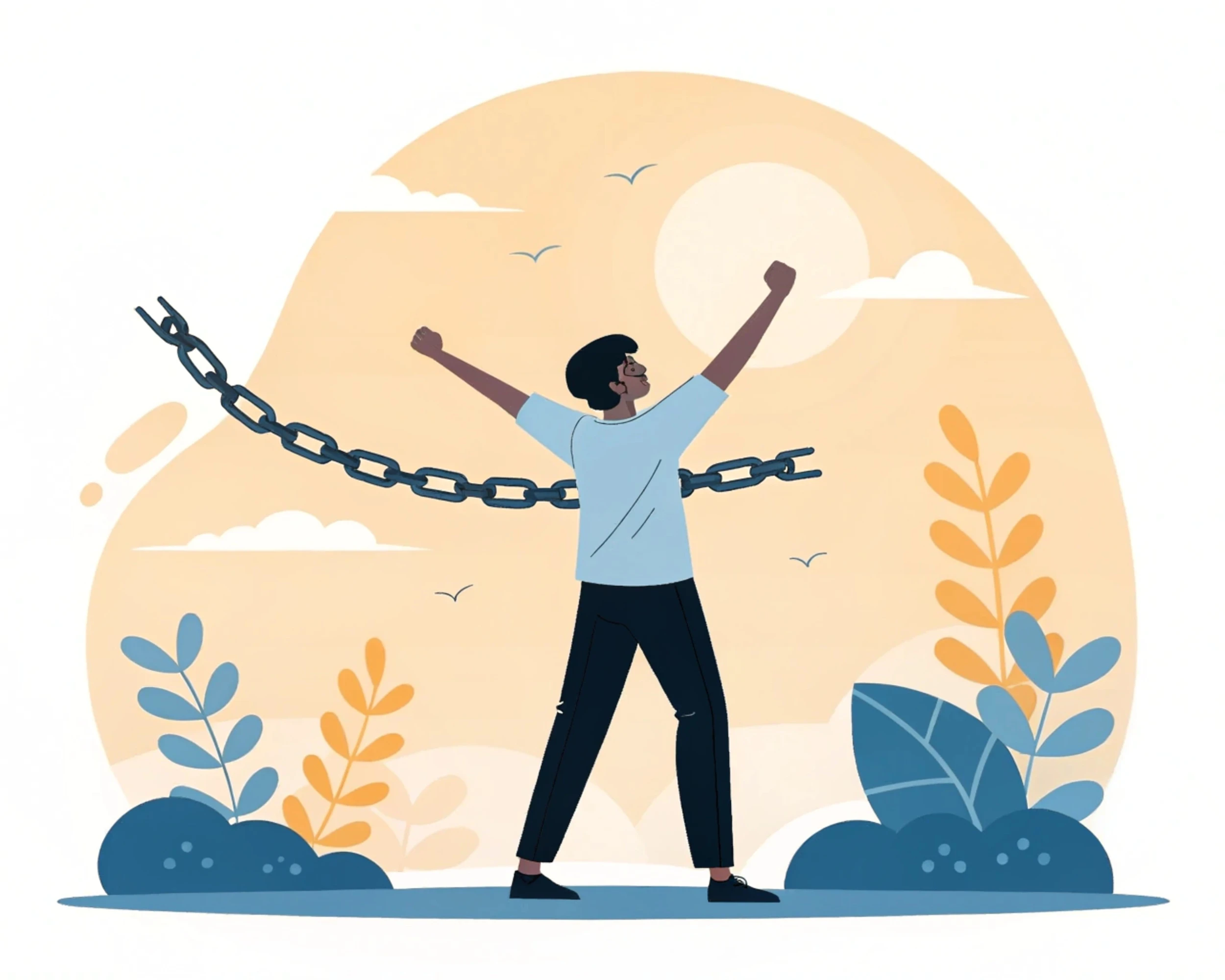
التغيير الثقافي في الرجولة: مدربون للرجال في مواجهة أزمة الانعزال
مقدمة
لطالما ارتبط مفهوم الرجولة في المجتمعات العربية والعالمية بصفات تقليدية مثل القوة الجسدية، الصلابة، الكتمان العاطفي، وعدم إظهار الضعف. لكن مع تغير العصر، وزيادة الضغوط النفسية والاجتماعية، بدأ هذا النموذج التقليدي ينهار أمام واقع جديد. كثير من الرجال يجدون أنفسهم في عزلة، غير قادرين على التعبير عن مشاعرهم أو بناء علاقات صحية متوازنة.
في السنوات الأخيرة، ظهر اتجاه عالمي نحو التغيير الثقافي في الرجولة، حيث يقوم مدربون متخصصون (Life Coaches) بمساعدة الرجال على مواجهة تحدياتهم النفسية والعاطفية، بعيدًا عن الخطابات المتشددة التي تنشرها بعض مجتمعات "المانوسفير" على الإنترنت. هذا التوجه لا يهدف إلى إضعاف الرجولة، بل إلى إعادة تعريفها بطريقة أكثر إنسانية وواقعية.
لماذا يعاني الرجال من أزمة الانعزال الاجتماعي؟
1. الإرث الثقافي والاجتماعي
التربية التقليدية كثيرًا ما غرست في عقل الرجل فكرة أن "إظهار المشاعر ضعف"، وأن "الرجل الحقيقي لا يبكي". هذه الأفكار جعلت الكثير من الرجال أسرى صمت داخلي، غير قادرين على مشاركة مخاوفهم أو التعبير عن ضغوطهم.
2. الضغوط الاقتصادية والمهنية
مع ازدياد أعباء الحياة والعمل، يجد الرجل نفسه مطالبًا بالنجاح المادي والمهني كمعيار أساسي للقيمة الذاتية. هذا الضغط يؤدي إلى الاحتراق النفسي والانعزال عن العائلة والأصدقاء.
3. تأثير "المانوسفير"
"المانوسفير" (Manosphere) هو مجتمع افتراضي يضم منتديات ومحتويات على الإنترنت، يروج غالبًا لأفكار متحيزة ضد المرأة أو ضد الضعف الإنساني. هذه الرسائل قد تعطي الرجال شعورًا زائفًا بالقوة، لكنها في الحقيقة تزيد من عزلتهم وتغذي أزمة الهوية الذكورية.
التدريب العاطفي للرجال: ما الذي يقدمه؟
1. مساحة آمنة للتعبير
المدرب العاطفي يمنح الرجل مساحة حرة للتحدث عن مشاعره دون خوف من الحكم أو السخرية. مجرد القدرة على الاعتراف بالضعف يمثل بداية رحلة التحرر من القيود الذكورية التقليدية.
2. بناء مهارات الذكاء العاطفي
الذكاء العاطفي أصبح من أهم مهارات العصر، وهو يتضمن فهم الذات، التحكم في المشاعر، وإدارة العلاقات بوعي. هذه المهارات لا تقل أهمية عن المهارات المهنية أو الجسدية، بل تمثل أساس النجاح الشخصي والاجتماعي.
3. تحسين الصحة النفسية
التدريب يساعد الرجل على التعامل مع القلق، الاكتئاب، وضغوط الحياة اليومية. بدلاً من الهروب إلى الإدمان أو الانعزال، يتعلم الرجل استراتيجيات صحية للتكيف مع الأزمات.
4. إعادة تعريف الرجولة
المدربون يساعدون الرجال على إدراك أن الرجولة ليست ضد المشاعر، بل هي القدرة على التوازن بين القوة والرحمة، بين العقل والعاطفة، بين الاستقلالية والدعم المتبادل.

قصص تحول مع مدربين رجاليين
القصة الأولى: أحمد (35 عامًا) – من العزلة إلى الانفتاح
كان أحمد موظفًا ناجحًا لكنه يعيش وحيدًا في دائرة مغلقة. يظن أن إظهار مشاعره "إهانة لرجولته". بعد أشهر من التدريب مع مدرب متخصص في الذكاء العاطفي، بدأ يتعلم كيف يتحدث عن مخاوفه ويشاركها مع أصدقائه. النتيجة: شبكة اجتماعية أكثر صحة وحياة عاطفية مستقرة.
القصة الثانية: سامي (28 عامًا) – مواجهة ضغط العمل
كان سامي يعاني من قلق شديد بسبب توقعات أسرته ومجتمعه. بعد جلسات كوتشينج، تعلم تقنيات تنظيم الوقت، والتعبير عن احتياجاته بوضوح. هذا التغيير انعكس على أدائه المهني وعلاقاته الأسرية.
القصة الثالثة: يوسف (40 عامًا) – كسر الصمت العاطفي
يوسف متزوج ولديه أطفال، لكنه لم يكن يعبر عن مشاعره قط. مع مدرب رجالي متخصص، تعلم كيف يتحدث مع زوجته وأطفاله بصدق، مما عزز الروابط الأسرية وأزال سنوات من التوتر غير المعلن.
لماذا يحتاج الرجل الحديث إلى تدريب عاطفي؟
الصحة النفسية أولاً: معدلات الاكتئاب والانتحار بين الرجال أعلى من النساء في كثير من المجتمعات بسبب الصمت العاطفي.
علاقات أقوى: الرجل الذي يتواصل بصدق يبني زواجًا وعلاقات أسرية أكثر استقرارًا.
النجاح المهني: الذكاء العاطفي عامل رئيسي للقيادة والإبداع وحل المشكلات.
المرونة أمام الأزمات: التدريب يمنح الرجال القدرة على التكيف بدلاً من الانهيار أمام الصعاب.
كيف يحارب التدريب الانعزال الاجتماعي؟
تشجيع الرجل على بناء صداقات حقيقية بدل العلاقات السطحية.
التخلص من ثقافة المقارنة المنتشرة على وسائل التواصل الاجتماعي.
تعليم مهارات الإصغاء والتعاطف التي تعيد الدفء للعلاقات.
تأسيس مجتمعات داعمة مثل مجموعات التدريب الجماعي للرجال.
خطوات عملية للرجل الباحث عن التغيير
البحث عن مدرب متخصص في الذكاء العاطفي للرجال.
الالتزام بجلسات منتظمة وعدم التوقف عند أول عقبة.
ممارسة تمارين يومية مثل كتابة المشاعر أو التأمل.
التواصل مع أصدقاء أو مجموعات دعم تركز على النمو الشخصي.
إدراك أن الرجولة لا تعني الكتمان بل القدرة على الصدق مع الذات.
خاتمة
إن التغيير الثقافي في الرجولة ليس تهديدًا لهوية الرجل، بل هو دعوة لإعادة اكتشاف ذاته بوعي أكبر. اليوم، يحتاج الرجل الحديث إلى التدريب العاطفي والذهني أكثر من أي وقت مضى، ليحارب الانعزال الاجتماعي، ويتحرر من الصور النمطية التي فرضتها ثقافات قديمة أو مجتمعات افتراضية مثل "المانوسفير".
إن قصص التحول التي يعيشها الرجال مع مدربين متخصصين تؤكد أن الرجولة الحقيقية تكمن في التوازن، والقدرة على العطاء، والشجاعة في مواجهة الذات. ومن هنا، فإن اللايف كوتشينج للرجال أصبح ليس رفاهية، بل ضرورة في زمن يزداد فيه الضغط النفسي والاجتماعي.






































